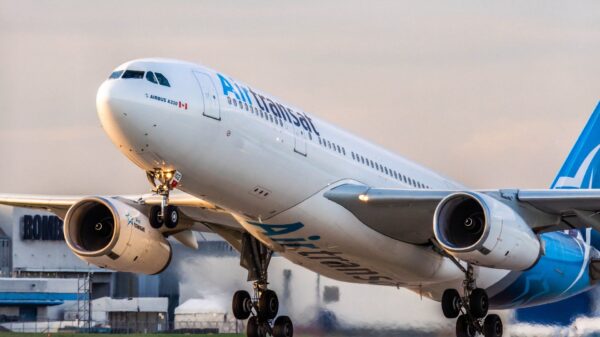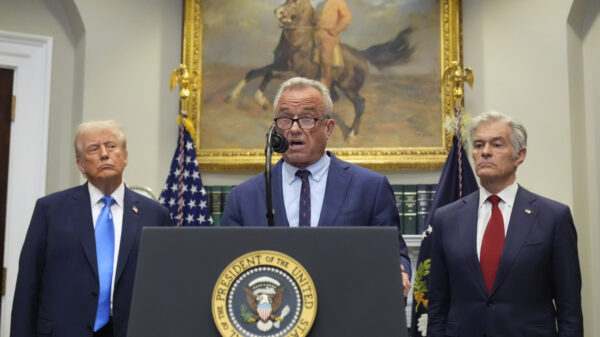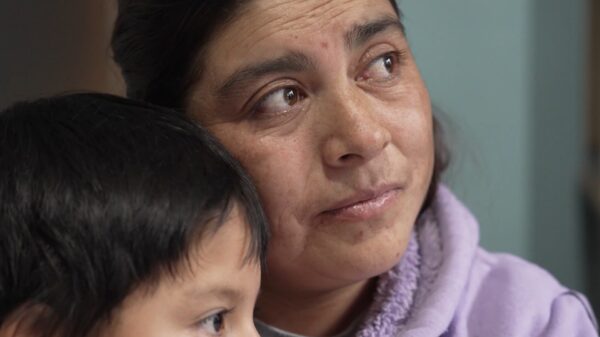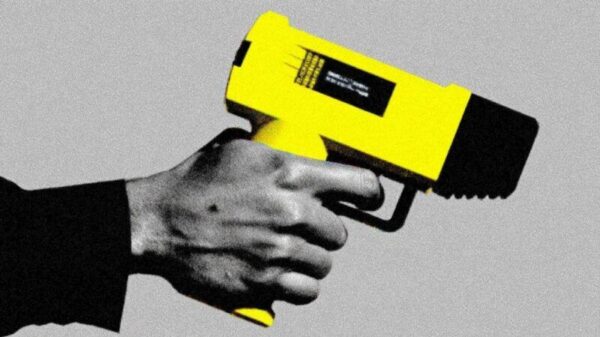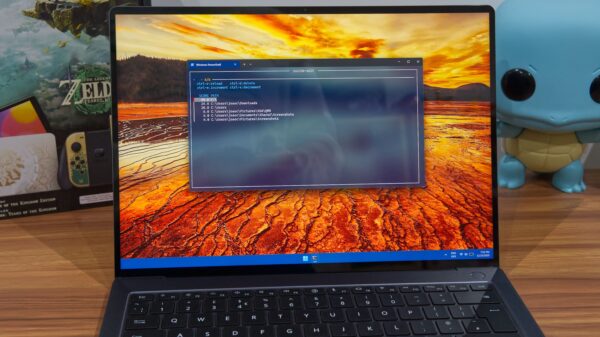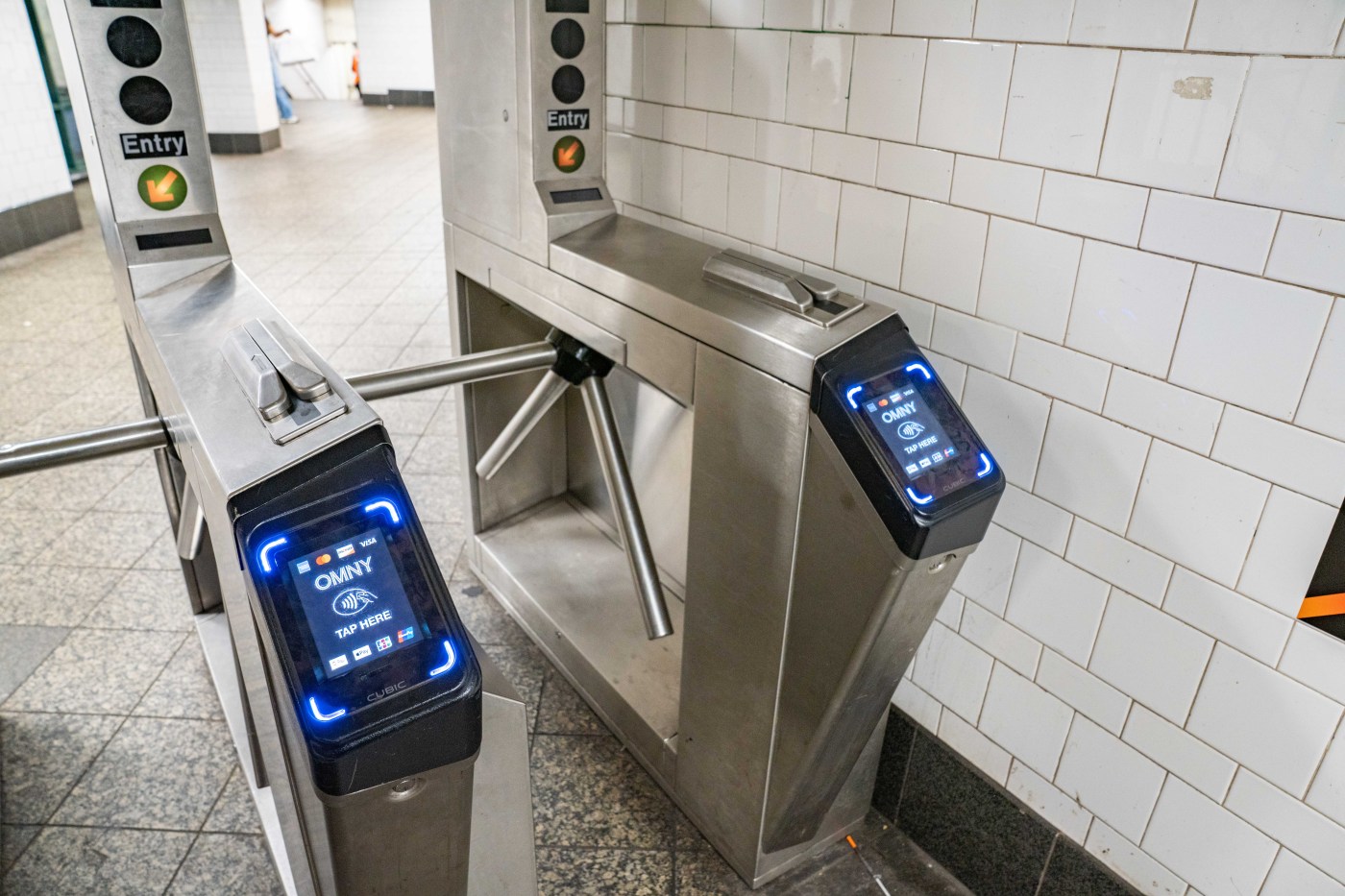Starting in January 2024, subway and bus fares in New York City will increase by a dime, raising the cost from $2.90 to an even $3.00. While many commuters may not welcome this change, it is deemed necessary for maintaining a functional transit system. This fare adjustment comes two years after the last increase, aligning with the idea of regular adjustments tied to inflation, known as the Ravitch Rule.
The Ravitch Rule, named after former MTA chairman Dick Ravitch, advocates for biennial fare increases to ensure ongoing funding for public transit while preventing larger, more disruptive hikes in the future. Despite Ravitch’s passing, his principles remain influential. The MTA has faced challenges in the past when fare increases were delayed due to political pressures, often resulting in larger, less manageable hikes.
Currently, Mayor Eric Adams has expressed opposition to the fare increase, likely influenced by his upcoming reelection campaign. This underscores the ongoing tension between political considerations and the financial realities of running a transit system. Governor Kathy Hochul is supporting the MTA’s decision to implement these increases, suggesting a commitment to maintaining transit services.
Public Hearing Concerns
While the fare increase is considered necessary, the process surrounding its implementation has raised some eyebrows. The MTA has scheduled only three public hearings within a 24-hour period in downtown Brooklyn. Critics argue this limits access for concerned citizens from other boroughs and surrounding areas, who may wish to express their views in person.
The transition to the new fare structure will also coincide with the shift from the traditional MetroCard system to the OMNY system, allowing riders to pay using OMNY cards, credit or debit cards, and smartphones. While this modernization aims to streamline fare payments, many passengers still rely on cash or may not have access to electronic payment methods. The MTA’s decision to remove MetroCard vending machines from several stations has further complicated this situation, making it difficult for some riders to refill their cards.
Changes in Other Transit Services
In related news, NJ Transit has recently eliminated the surcharge for rail passengers traveling between Newark Airport and Manhattan’s Penn Station. This change was implemented on July 1, 2023, in response to long-standing complaints from commuters. The removal of this fee is seen as a positive step towards making public transit more accessible and affordable.
As the MTA prepares to implement the fare increase, the focus remains on ensuring that the transit system can deliver reliable service to its users. Stakeholders are urged to consider the implications of fare adjustments on daily commuters and the overall effectiveness of public transportation in New York City. Proper communication and transparency from the MTA will be critical as these changes take effect in the coming months.






